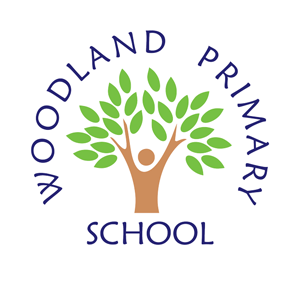Subject area: Design & Technology
Curriculum Intent Statement for Design Technology
At Woodland Primary School we aim to provide children with a DT education that is relevant in our rapidly changing world. We want to encourage our children to become problem solvers who can work creatively on a project. We believe that high-quality DT lessons will inspire children to think independently, innovatively and develop creative, procedural and technical understanding. Our DT curriculum provides children with opportunities to research, represent their ideas, explore and investigate, develop their ideas, make a product and evaluate their work. Children will be exposed to a wide range of media including textiles, food and woodwork; through this, children will develop their skills, vocabulary and resilience.
Our Aims for Design Technology
To ensure that all pupils:
- use creativity and imagination, to design and make products that solve real and relevant problems within a variety of contexts, considering their own and others’ needs, wants and values.
- acquire a broad range of subject knowledge and draw on disciplines such as mathematics, science, engineering, computing and art.
- learn how to take risks, becoming resourceful, innovative, enterprising and capable citizens.
- evaluate past and present design and technology in order to develop a critical understanding of its impact on daily life and the wider world.
- acquire the skills and knowledge to make a contribution to the creativity, culture, wealth and well-being of the nation as design technologists.
Download further information below:

Personal Development: Pupils are encouraged to be independent from an early age and take care in presenting their work. They enjoy participating in various clubs and activities, including sporting competitions and educational visits.

Quality of Education: Pupils receive strong support in learning to read quickly and achieving well. The curriculum is well-planned and effective, particularly in the early years and mathematics. Teachers and teaching assistants are well-trained and provide clear explanations and encouragement.

Safeguarding: The school has effective safeguarding measures in place. Staff are well-informed and confident in identifying and addressing potential risks to pupils. Pupils are knowledgeable about staying safe, particularly online.

Overall Effectiveness: The school was rated ‘Good’ in all categories, including quality of education, behaviour and attitudes, personal development, leadership and management, and early years provision.

Support for SEND: Pupils with special educational needs and/or disabilities (SEND) are quickly identified and well-supported, achieving good outcomes as a result.

Positive Environment: The school’s environment fosters respect and support among pupils and staff. Pupils are encouraged to develop good manners and social skills, contributing to a positive school culture.

Leadership and Ambition: School leaders are noted for their ambition and effective work in improving the school. Their efforts have resulted in a good quality of education for the pupils.

Behaviour and Attitudes: Pupils exhibit respectful relationships with adults and move around the school sensibly. They are confident in seeking help from staff if needed, and bullying is rare. Pupils listen attentively to teachers and engage in class discussions.

